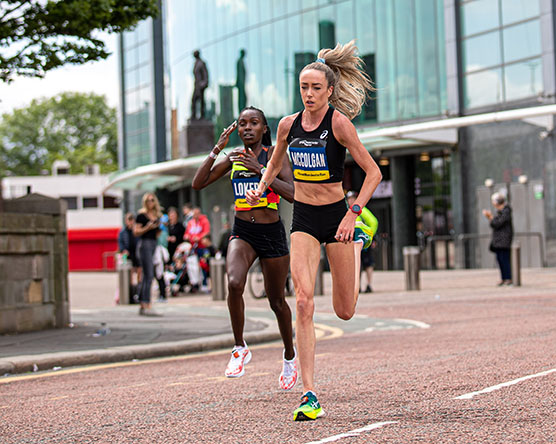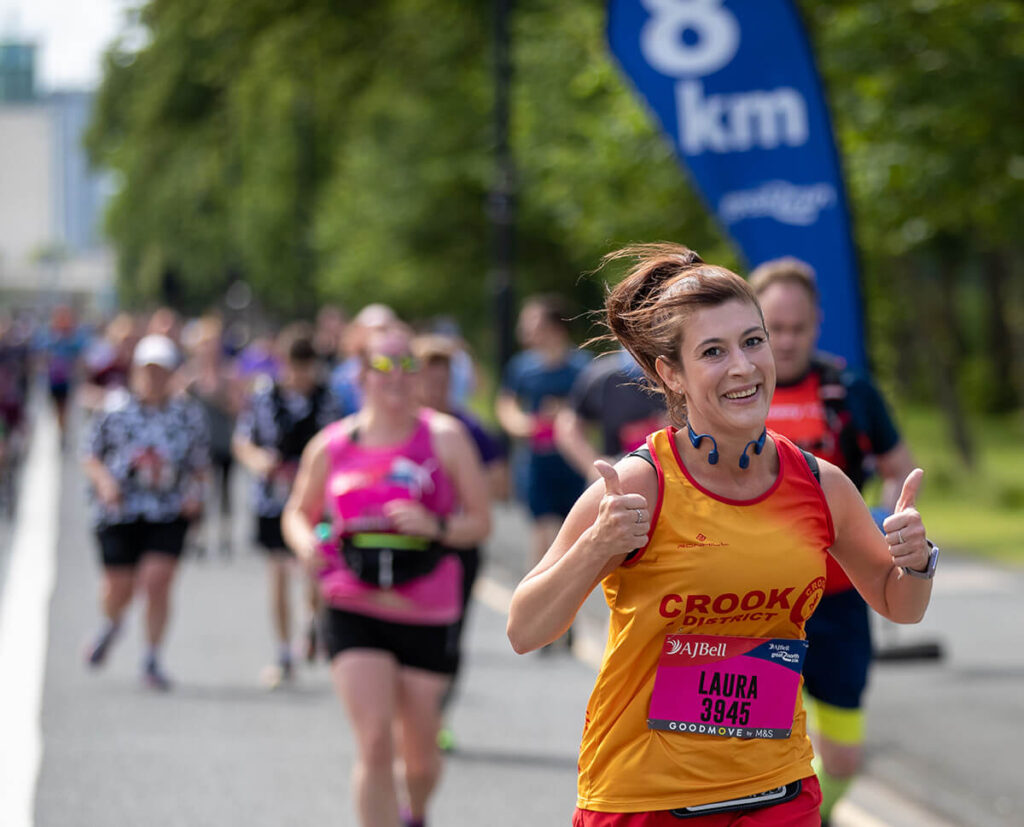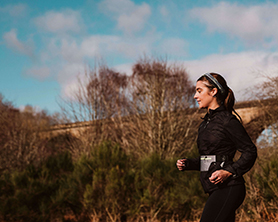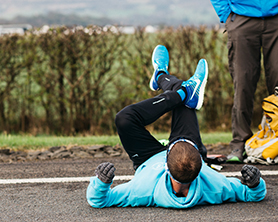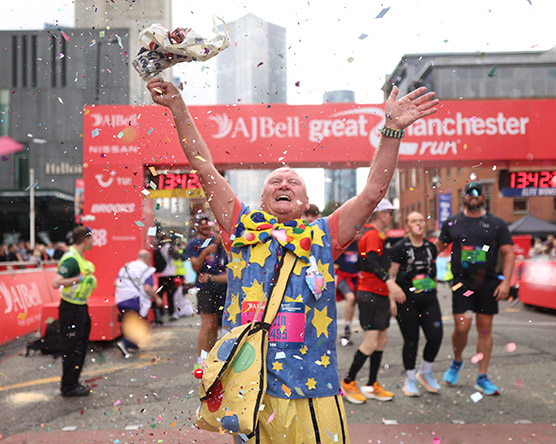Congratulations – you’ve taken a big step and committed to a half marathon. You’re in good company – half marathons are a popular distance event, and make a perfect next goal to aim for after hitting your 10k stride.
There’s no doubt that running 13.1 miles is a challenge, so how best to train for it? Just take a look at our no-nonsense guide for successful half marathon training and find the answers you need.
MILR
Whatever plan you choose, miles, intervals, long runs and recovery time – or MILR – will be at the heart of it.
Build up your miles by running at least three times a week (although don’t add more than 10% to your distance in any one leap), and add in some high intensity interval training for at least one of those sessions.
Every 7-10 days you’ll need to do a long run at the pace you’re aiming for on event day, and you’ll also need a couple of rest days.
Just about every reputable training plan has these four principles at its core, so make sure the one you choose ticks all the MILR boxes.

Get the right kit
If you’ve been sceptical about calling yourself a runner in the past, it’s time to shed that imposter syndrome. You’re doing a half marathon – that definitely makes you a runner!
And if you haven’t invested in some proper running kit before now, it might be time to treat yourself. Not only will new shorts, leggings or a breathable, lightweight top make your running experience more comfortable, you might find it’s also a boost to your confidence.
Trainers are, of course, the most important component of any runner’s kit, so make sure yours give you plenty of support, fit well (you need a thumb’s width between your toe and the end of the shoe when running middle and longer distances) and you haven’t done over 500 miles in them – if you have, it’s time for a new pair.
Water, water everywhere
You might not have given much thought to your water intake before now, but at half marathon level it’s vital that you’re properly hydrated.
Want to avoid cramps, exhaustion and dizziness? Taking on more water in the days before and the morning before your long runs – and, of course, your big event – is really important.
How to tell that you’re drinking enough? It’s a piece of pee – take a look in the loo and, if your urine is clear or the colour of light straw, you’ve hit the hydration sweet spot.
Variety
Three or four steady runs a week might feel like an achievement, but it’s not the best preparation for a half marathon where variety is key.
There are two reasons for mixing up your running routine – firstly, because shorter, faster runs mixed with longer, steadier runs, different terrains and inclines are terrific physical preparation for the challenges ahead. Interval and hill training work and build different muscle groups and keep your cardiovascular system in great condition.
And the other reason? We love variety. It keeps boredom at bay and gives us something new to look forward to each time we lace up and head out for a run.
Do yourself a favour and extend the variety principle to all aspects of running. Always run solo? It’s time to text a friend to see if they fancy a pace. Never run with headphones? Find a great podcast or compose a playlist and get plugged in (safely!). Your attention span will thank you.
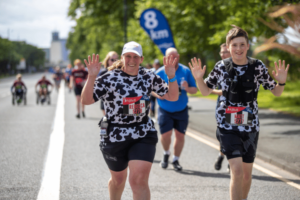
Warming up
It’s so tempting to miss out the warm up – especially on cold, dark mornings when you’re not feeling it – but skipping isn’t a shortcut. In fact, it’s the opposite – it’s a fast track to injury.
We’ve got lots of advice on warming up effectively on our training page, but here are three quick reminders: a good warm up involves the whole body, takes 5-10 minutes and focuses on dynamic or moving stretches rather than static ones.
Still looking for the perfect half marathon? Take a look at some Great Runs here – or, if you need a training plan, check out our beginner, improver or run/walk options here . We’ll see you on the start line!



